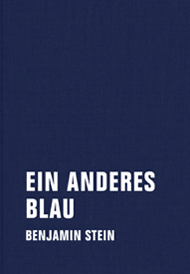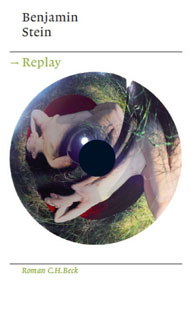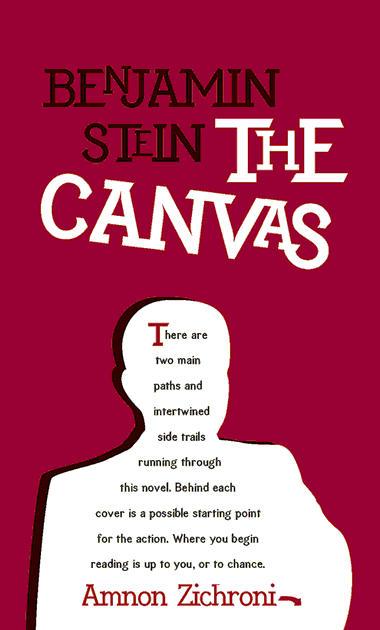••• Von der Herzdame kann man immer was lernen. Am 23. März 1839 wurde »OK« in der »Boston Morning Post« verwendet und damit gewissermaßen für den allgemeinen Sprachgebrauch salonfähig. Hätte ich nicht gewusst; und dass es vom plattdeutschen »Oll Klor« (Alles klar) kommt oder doch zumindest kommen könnte, erst recht nicht.
Für dieses Wissen habe ich nun allerding KY … »know yuse« (no use).
The modern usage may be short for any of several different spellings of „all correct“, including „Oll Korrect“, „Orl Korrect“, and „Ole Kurreck“. This was part of the fads in the 1830s and 1840s of intentionally misspelling common phrases and referring to them by the resulting initials. These probably were infuenced by the Plattdeutsch/Low Saxon phrase „Oll klor“, which would have been spoken by emigrants from Northern Germany. The fad included other many other briefly popular abbreviations such as OW, „oll wright“ (all right) and KY, „know yuse“ (no use), none of which have survived.
In the presidential election of 1840, the term „OK“ was further popularized by use as an slogan by the O.K. Club, New York boosters of Democratic president Martin Van Buren’s 1840 re-election bid; it was an allusion to his nickname Old Kinderhook, from his birthplace Kinderhook, New York. Van Buren lost, but the word stuck. [1] This explanation was first documented by Allen Walker Read in several articles in the journal American Speech in 1963 and 1964, and is very nearly the only one supported by the earliest evidence. The first recorded use of „OK“ in this sense was in the Boston Morning Post on March 23, 1839, in the sentence „He…would have the ‚contribution box‘, et ceteras, o.k.–all correct–and cause the corks to fly, like sparks, upward.“
Quelle: knowledgerush





